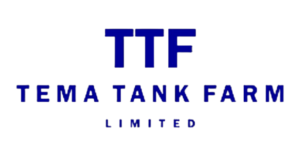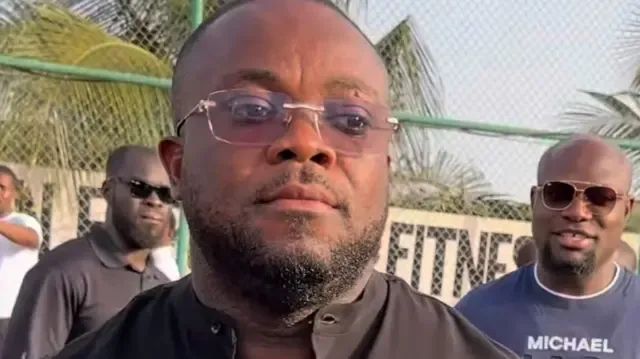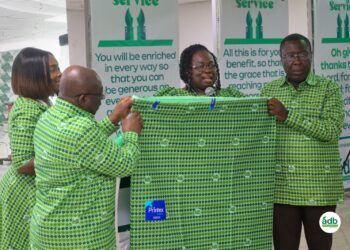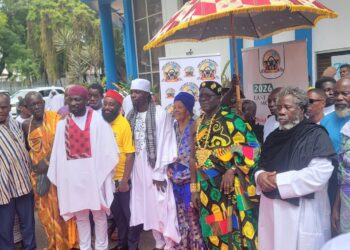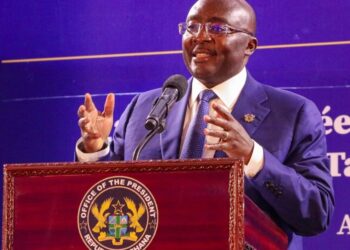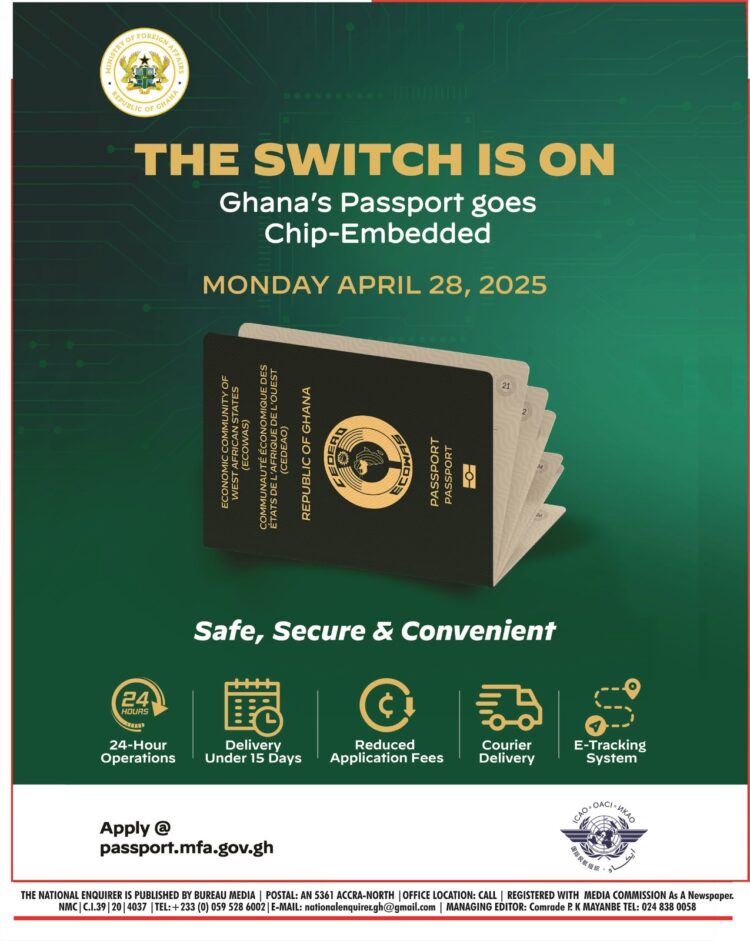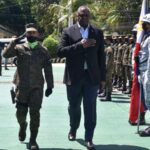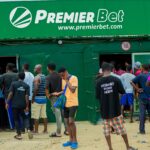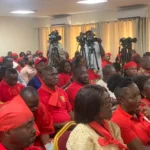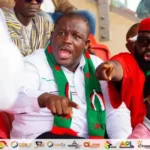The extradition hearing of Ghanaian businessman Isaac Oduro Boateng, popularly known as Kofi Boat, at the Gbese District Court has opened up a complex web of allegations, clarifications, and legal technicalities. As proceedings unfold, here are 10 significant developments that have emerged from the courtroom:
- Extradition Request from the United States
The Government of Ghana is currently considering an extradition request from the United States for Isaac Oduro Boateng and three others. The request stems from investigations linked to a broader conspiracy involving wire fraud and romance scams. - Legal Objection Over Arrest Warrant
Kofi Boat’s lawyer challenged the admissibility of the U.S. arrest warrant, arguing it had not been authenticated by Ghana’s diplomatic mission in the United States. This authentication is a legal requirement under Ghanaian law for such documents to be admissible. The magistrate has since adjourned the case to July 1st for a ruling on the matter.
Read Also: Nigerian ‘Tech Queen’ and Ghanaian accomplices arrested for multi-million dollar internet fraud
- Conviction of Frederick Asante in the U.S.
At the center of the case is Frederick Asante, a Ghanaian who has already been convicted in the United States for wire fraud and romance scams. His conviction and the subsequent evidence gathered by the FBI are pivotal to the extradition case against Kofi Boat. - FBI Evidence Ties Kofi Boat to Frederick Asante
Phone records obtained by the FBI reportedly show conversations between Frederick Asante and Kofi Boat. In these chats, they allegedly discussed payments made to individuals on behalf of Kofi Boat, prompting U.S. investigators to link Kofi Boat to the fraudulent scheme. - Amount in Question Less Than $300,000
According to FBI records submitted in court, the total amount Frederick Asante is believed to have paid on behalf of Kofi Boat is under $300,000—not the sensational figure of $100 million that had circulated in the media. - Payments Were for Legitimate Business Supplies
It has emerged that the funds transferred by Frederick were payments to suppliers of Kofi Boat’s business. This raises questions about whether these transactions were criminal or merely commercial arrangements. - Reimbursements Made in Ghana Cedis
Court disclosures indicate that Kofi Boat reimbursed Frederick for all supplier-related payments through his Ghanaian cedi account, using agreed-upon exchange rates. This further complicates the narrative of fraudulent financial activity. - FBI Misinterpreted ‘Rate’ in Conversations
The FBI investigator is said to have misinterpreted the term “rate” used in chat transcripts. While the agent concluded it referred to a commission rate (suggesting kickbacks or illegal profit), Kofi Boat’s legal team insists it referred to currency exchange rates—a critical difference in context. - Kofi Boat Denies $100 Million Allegation
Contrary to viral reports, Kofi Boat has not been accused of stealing or laundering $100 million. The exaggerated figure has been firmly debunked in court, helping to reset public perception of the case. - Willingness to Face U.S. Justice Voluntarily
In a surprising twist, Kofi Boat expressed his willingness to voluntarily surrender to the U.S. authorities to defend his name and business reputation. He also made it clear that he has no connections or dealings with the three other individuals facing similar charges in Ghana.
As the case continues, many await the court’s July 1st ruling on the admissibility of the warrant—a decision that could significantly influence whether Kofi Boat faces extradition to the United States. For now, the revelations paint a more nuanced picture than initial reports suggested, and the case has become a test of both legal procedure and media responsibility in high-profile international matters.
source:www.senaradioonline.com
